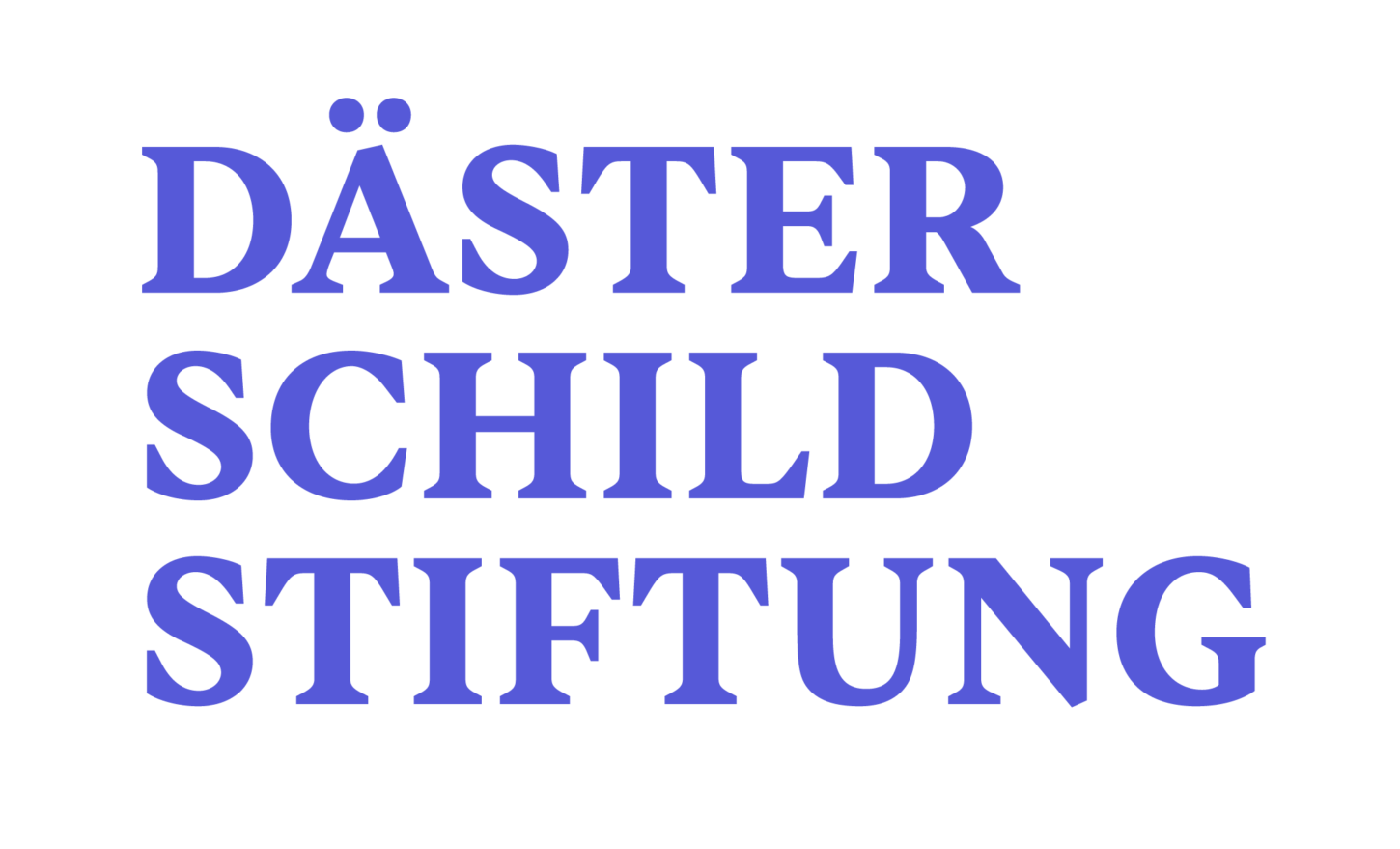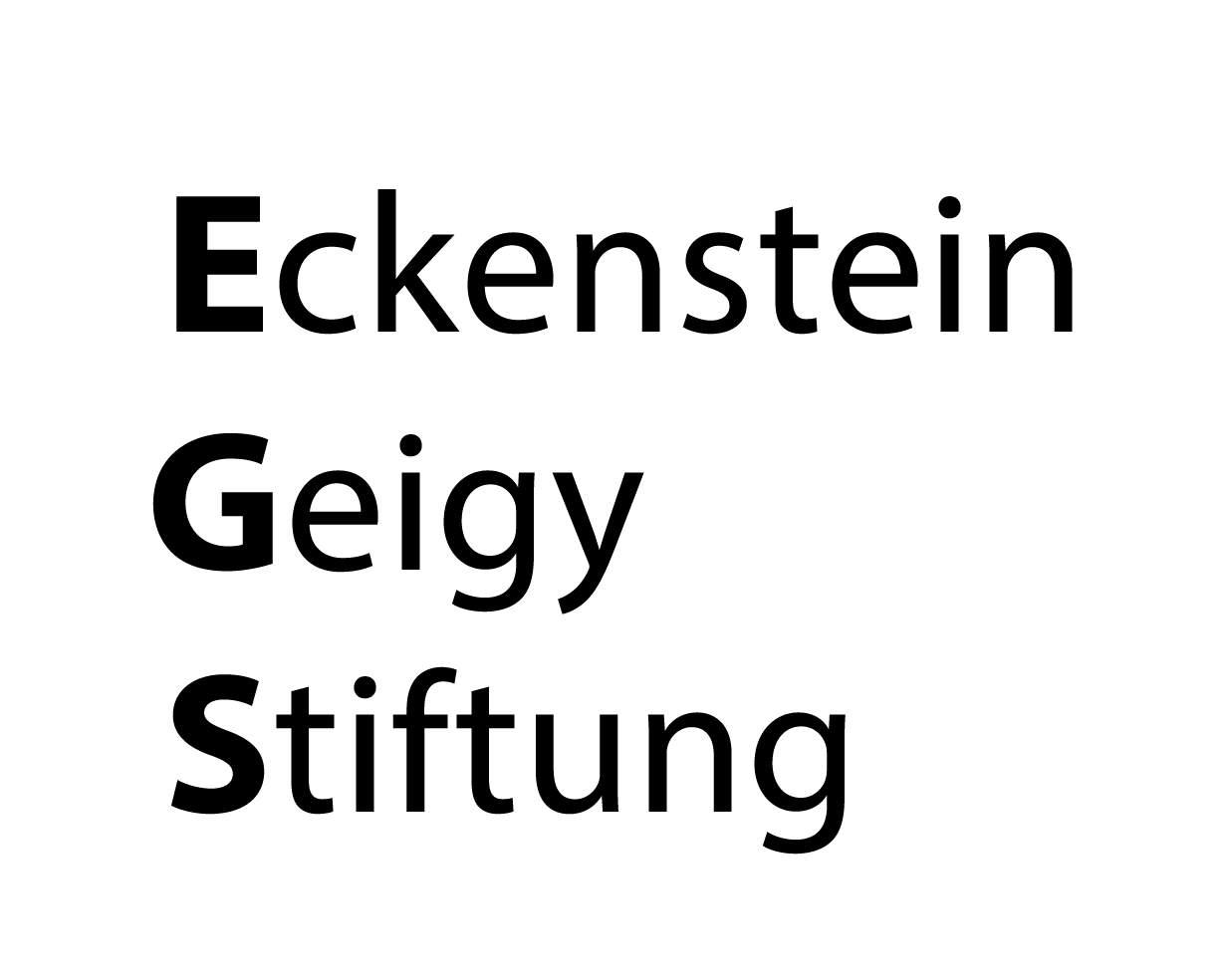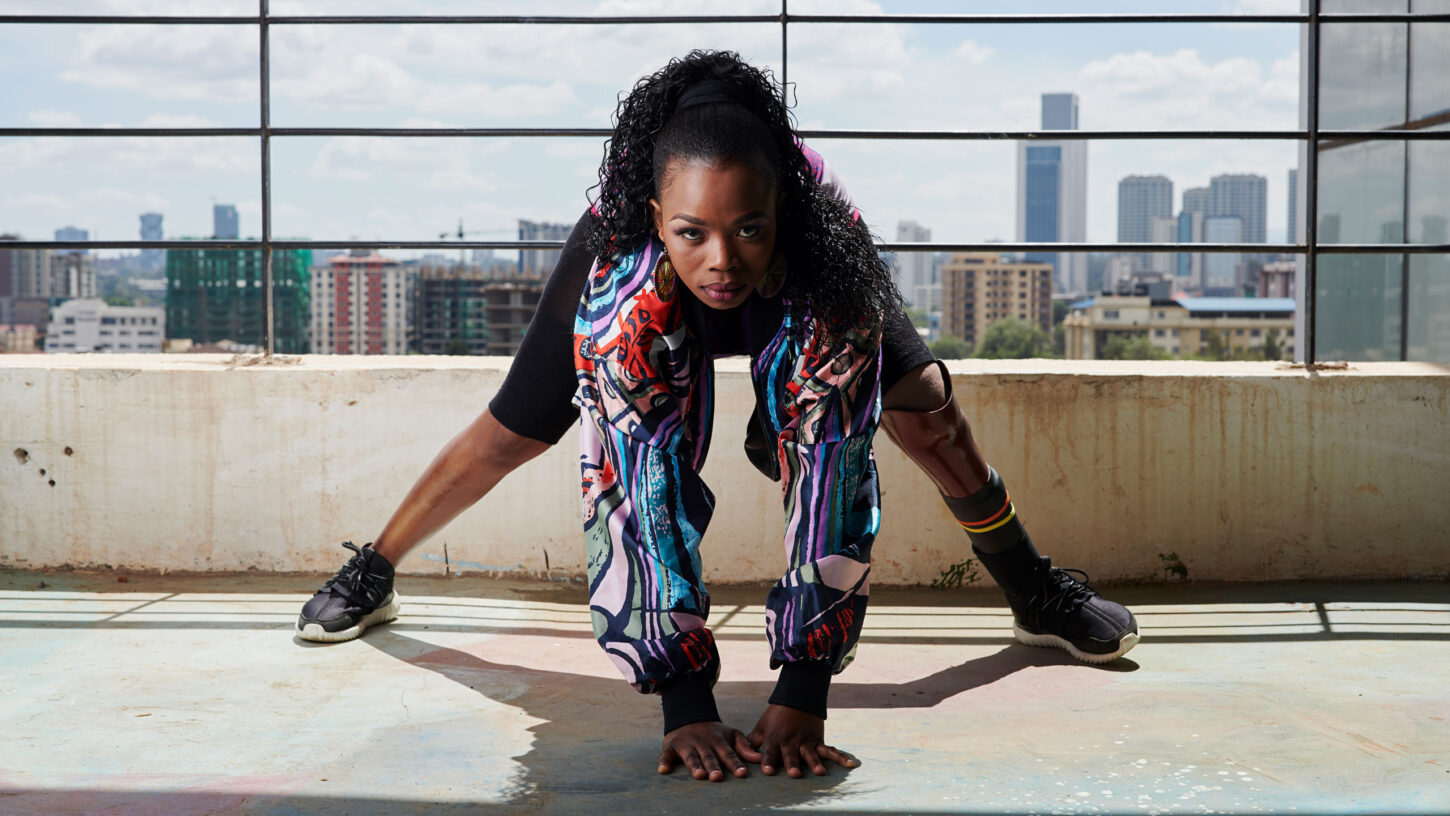
Let’s create a new paradigm of prosthetic care
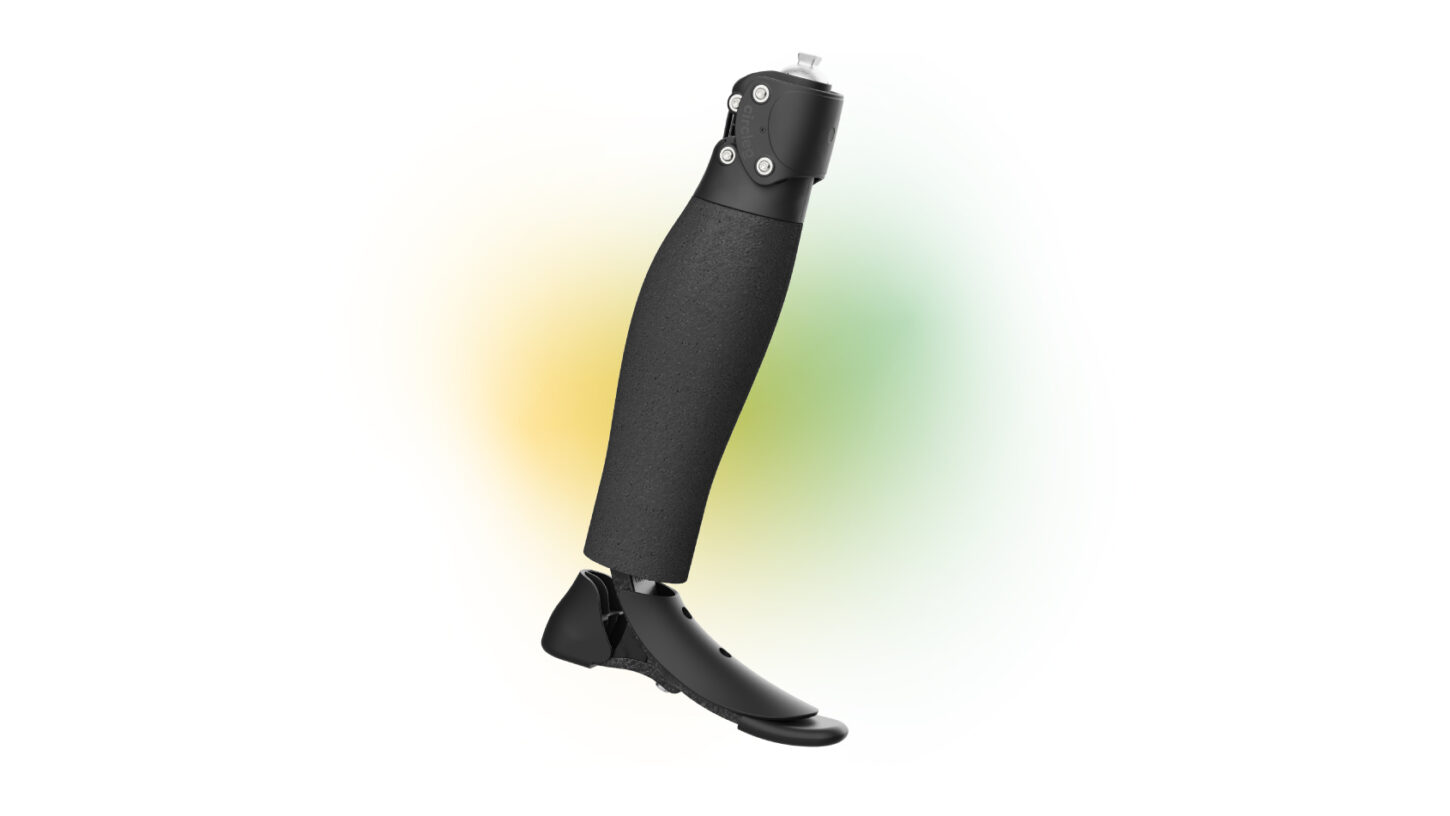
Circleg stands for a new narrative around prosthetic care that enables accessible, high-quality and empowering solutions for amputees. We are a Swiss-Kenyan social enterprise that looks beyond the mere provision of prosthetics and is driven by social and environmental impact.
65 million people living with lower limb amputations globally
Today only 1 out of 10 people have access to appropriate assistive products. Without access to such products, many individuals in need are confined to their homes and live dependent, excluded lives, increasing the impact of the impairment and disability on the person, family and society.
— World Health Organization (WHO)
80% of people with disabilities live in the global south
Healthcare provision is too often unevenly provided and qualified health professionals are lacking – reducing both quality and quantity of healthcare services while demand remains high. The Convention on the Rights of Persons with Disabilities (CRPD) highlights the importance of availability and access to affordable, high-quality mobility aids, devices and assistive technologies, including prostheses and orthoses.
— Convention on the Rights of Persons with Disabilities (CRPD)
We foster a holistic prosthetic rehabilitation that considers the entire process an amputee needs to go through: from the amputation decision to a comprehensive rehabilitation process to the reintroduction of the individual into active society, equipped with the necessary psychological and technical support. Find out more about our activities here.
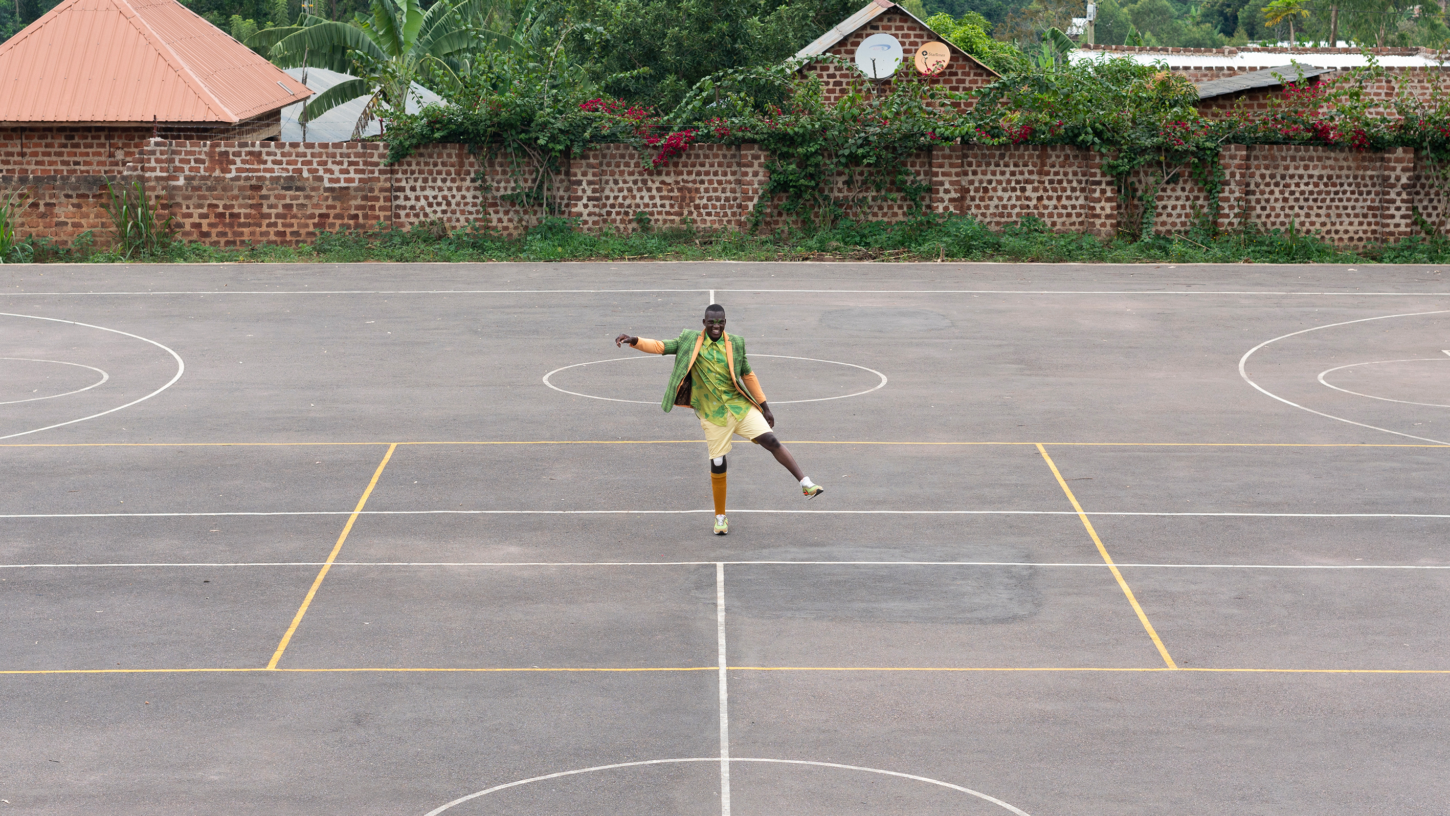
Transforming the vision into reality
All great achievements require time, determination and perseverance. We are transforming our vision into reality and started distributing the circleg prosthetics mid-2023 in East Africa. Support us on this journey or contact us to pre-order the first circleg prosthetics. Stay tuned and learn more about our latest developments in our monthly newsletter.
start-up
2019–2022
launch
2023
scale-up
2024

«I love the energy of the circleg dynamic foot! I can walk much faster compared to my old prosthesis.»

«I like the circleg prosthesis because of its simple and clean design.»
Driven by impact
We address the global demand for affordable, high-quality prosthetics holistically with special consideration for economic, social, environmental and governance outcomes. We stand for sustainability and believe in long-term finite resource management as the key to success and an engine for innovation and growth. Our organizational values are aligned with the SDGs – circleg contributes to 10 out of 17 SDGs, with a core emphasis on freedom of mobility for disability-inclusive development.
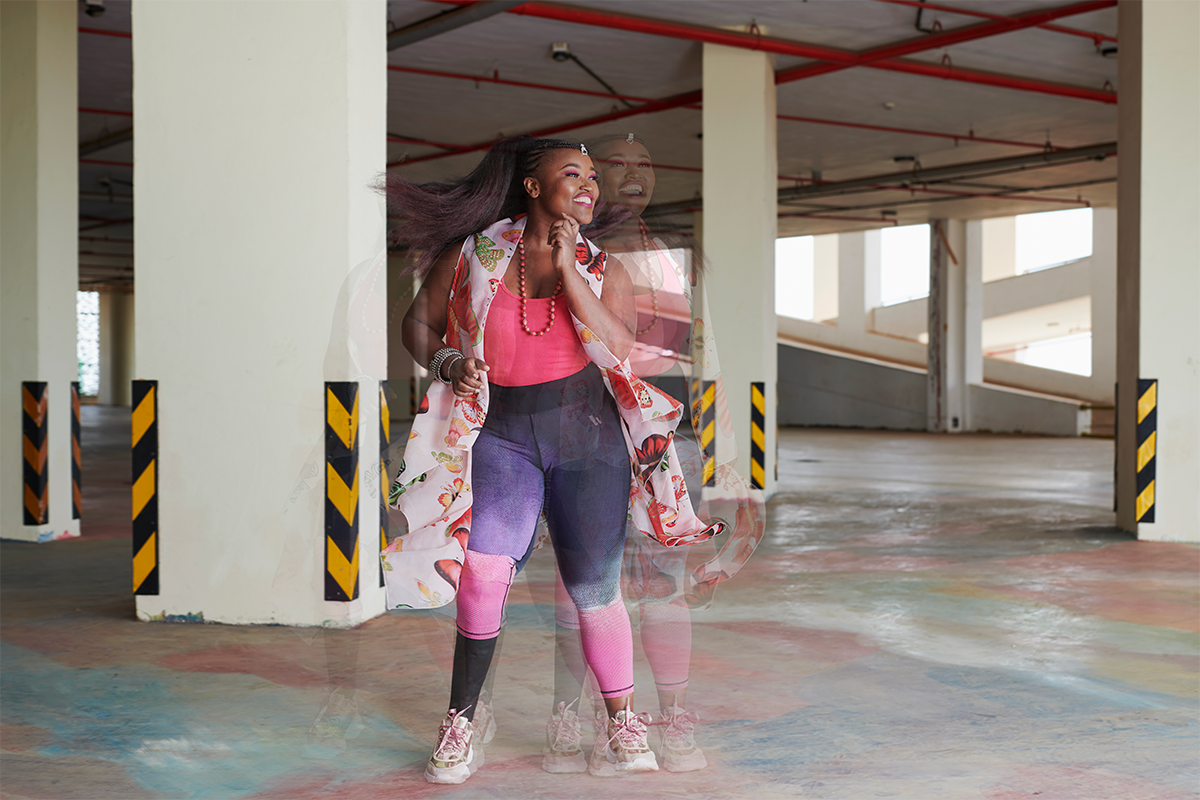
Express your beauty
The «Express Your Beauty» campaign is breaking down barriers and celebrating strength, joy and the beauty of amputees. «We want to show the Circleg in motion and dance is a universal language» says Laura, co-founder of Circleg. We are emphasising the possibility that life after amputation can ignite. How did we do that? Find out more in our story.
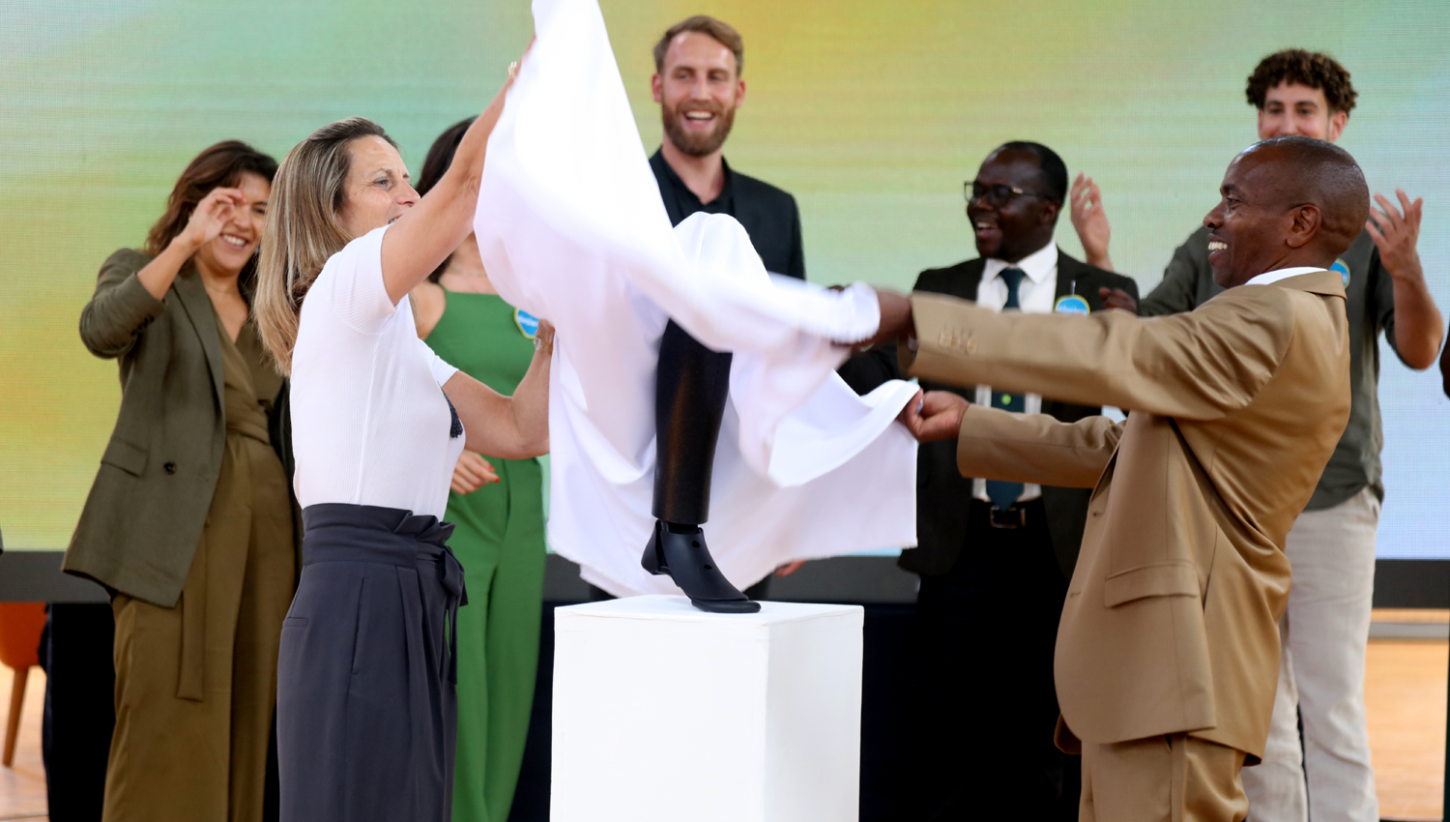
Product launch of the Circleg One
We are so proud, it’s finally here! We are introducing the Circleg One lower limb prosthetic system into the African market. It is the result of years of research, innovation, and dedication, developed in close collaboration with amputees and prosthetists from both Switzerland and East Africa. The Product launch happened on October 17th, in Nairobi, take a look here!
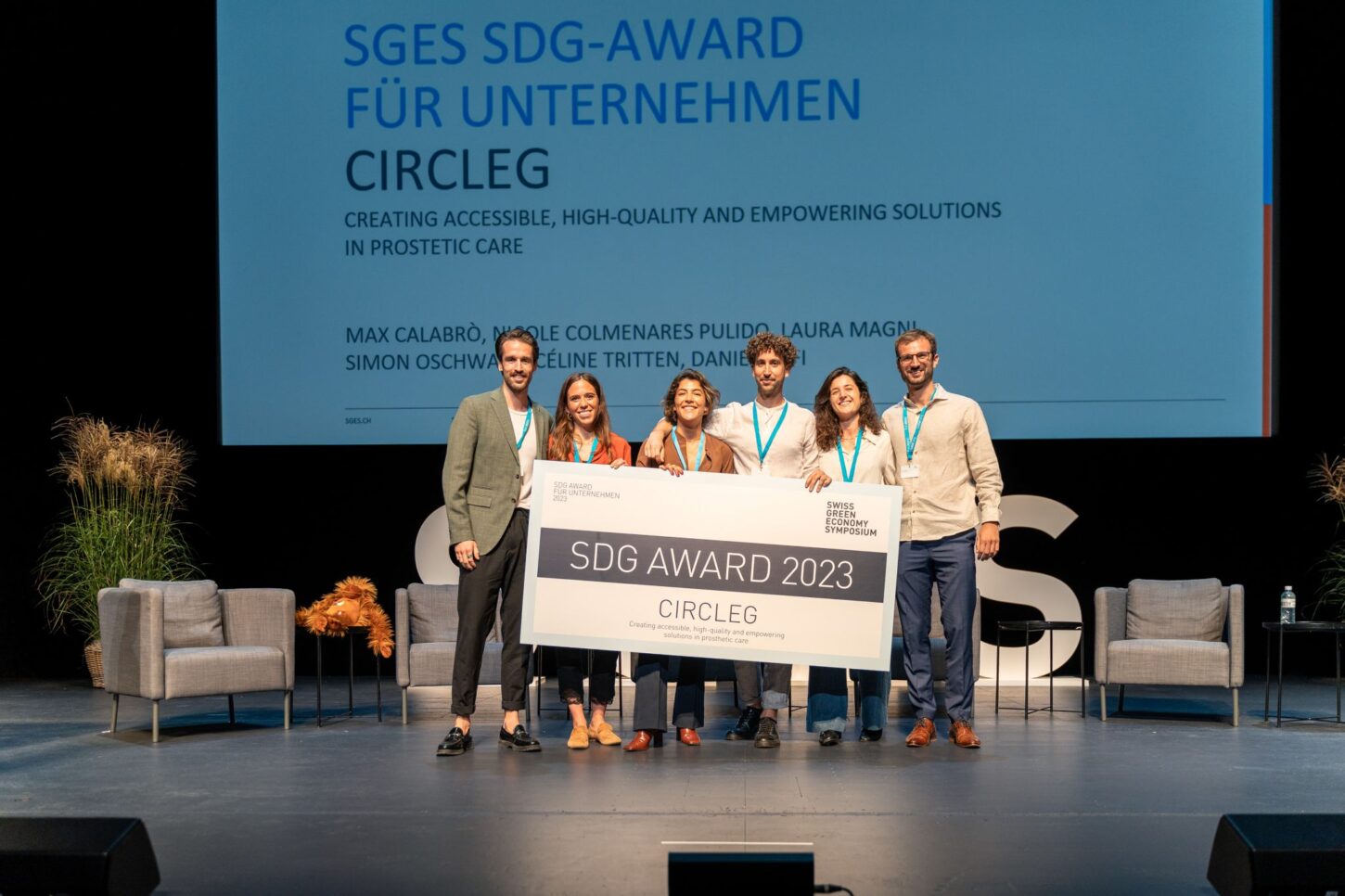
Winner of SDG Award
What an honour! On September 7th, 2023 Circleg accepted the SDG Award presented by the Swiss Green Economy Symposium (SGES). Circleg’s activities positively impact 6 out of 17 Sustainable Development Goals (SDGs) defined by the UN. Find out more in our story.







